
ONLINE | Seminar Series: Flows, Infrastructure, Citizenship in India and China (Feb. 27 – Mar. 10)
March 3, 2023 – March 10, 2023
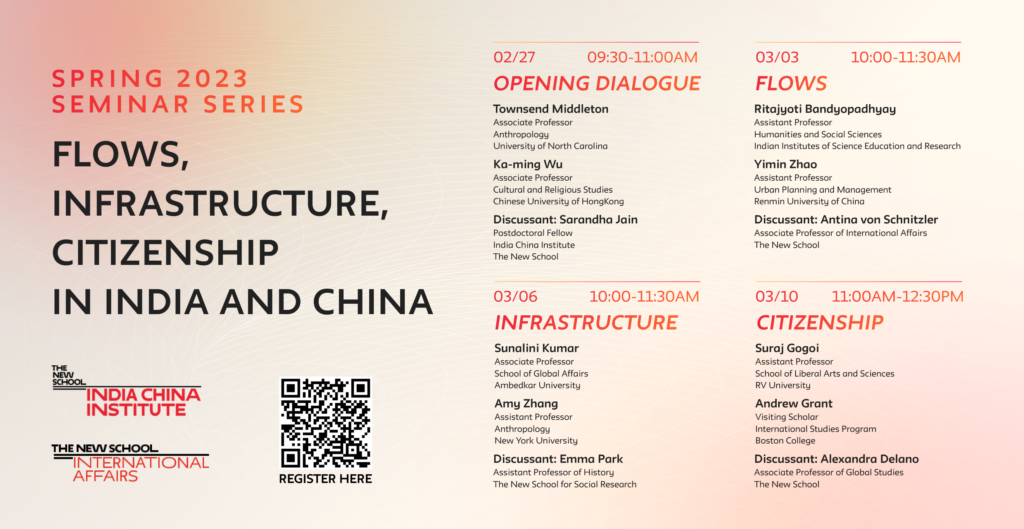
Hosted by: Sarandha Jain
Labor flows in from distant lands for the construction of a dam. The dam obstructs the flow of a river. The dam creates refugees, who flow across borders, in search of new citizenship. Airports are necessitated by the flow of people and things. Alongside passports and digital identities, they also control the flow of people and things. Canals and bridges generate flows. Authorities managing them restrict the same flows, also invoking proof of citizenship. Street hawkers and carts obstruct the flow of road traffic. They also create flows of people, money, and things. Public and private authorities managing circulatory infrastructures and flows such as roads, transportation, water supply, energy provision, and suchlike, demand proof of citizenship and identity by residents/commuters to access them. These disparate images reflect varying interplays between flows, infrastructure, and citizenship.
Several inquiries are possible about this tripartite arrangement between them. This dialogue series explores the many ways in which they encounter each other, and what those co-arrangements mean for the evolving nature of the state. How do flows of people, objects, and natural substances facilitate and/or obstruct the constructions of infrastructure, and vice versa? How do these flows relate similarly with constructions of citizenship? In other words, what is the meaning of flows to both, infrastructure and citizenship, and to their relationship with each other: i.e., how do infrastructures and notions of citizenship coalesce and become useful for each other through flows of people, objects, and natural substances? Further, what infrastructures are created to regulate flows for protecting certain notions and forms of citizenship (documents, digital identities, surveillance, detention centers, dams, etc.)? How and when do flows of people, objects, and substances escape regulation? What forms of state-citizen relations arise from the state’s attempts at regulating flows and infrastructures, and their occasional escape from this? This series studies the collective interface between flows, infrastructures, and citizenship, and the structures and systems emerging from this triad, and created to further cement it.
In the last few years, there has been a renewed investment in policing citizenship in India and China. This has given rise to many new debates, instituted new systems in these countries, and new politics have emerged from them. Owing to advancements in technology, new infrastructural capabilities have been afforded to the governments of these countries for implementing their new designs regarding citizenship and the regulation of flows. Flows, however, continue to evade policing and discipline. What can we learn from the current moment by analyzing the ever-evolving encounter between flows, infrastructures, and citizenship in India and China? Furthermore, what has been the evolution in the nature of the state and in its role as an infrastructural state (as provider and as policer) to monitor flows? As the state’s infrastructural nature takes precedence, through the lens of flows, this series charts the evolution in the nature of the state, in the relationship between the state and citizens in India and China, and between infrastructures and state-citizen relations.
This series consists of four dialogues over Spring 2023, held virtually on zoom. These dialogues are between a scholar of India and another of China, who work on linked thematics; and are moderated by a third scholar who shares their thematic synergies. The opening dialogue lays the ground for the overall intellectual aims of the series by speaking to all three conceptual and empirical aspects: flows, infrastructures, and citizenship, and how they connect. The following three dialogues, while still focused on the interface between flows, infrastructure, and citizenship, highlight one of them more, by inviting scholars of India and China who specialize in flows (for the second dialogue), infrastructure (for the third), and citizenship (for the fourth).
Opening dialogue, Feb 27, 2023, 9.30am – 11.00am EST: Townsend Middleton (India), Ka Ming Wu (China), Sarandha Jain (discussant)
Flows, March 3, 2023, 10.00am – 11.30am EST: Ritajyoti Bandyopadhyay (India), Yimin Zhao (China), Antina von Schnitzler (discussant)
Infrastructure, March 6, 2023, 10.00am – 11.30am EST: Sunalini Kumar (India), Amy Zhang (China), Emma Park (discussant)
Citizenship, March 10, 2023, 11.00am – 12.30pm EST: Suraj Gogoi (India), Andrew Grant (China), Alexandra Delano (discussant)
This series is open to the public and audience is not limited to TNS affiliates.
Speakers
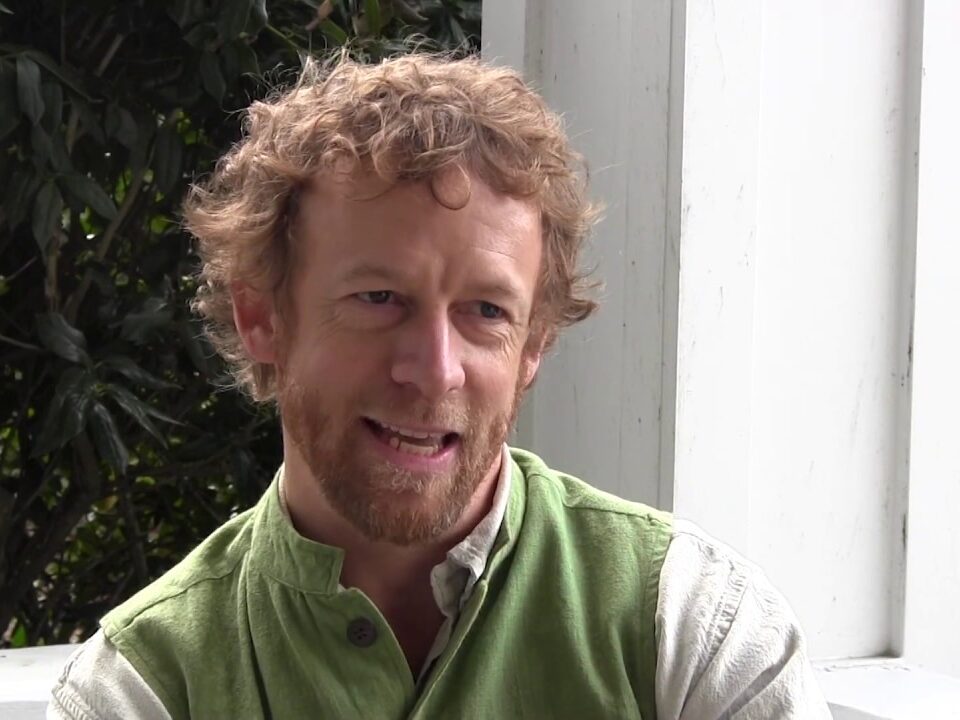
Townsend Middleton
Associate Professor Anthropology
UNIVERSITY OF NORTH CAROLINA AT CHAPEL HILL
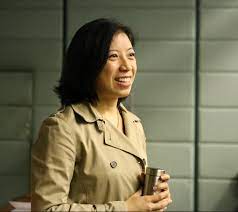
Ka Ming Wu
Associate Professor Cultural and Religious Studies
CHINESE UNIVERSITY OF HONG KONG
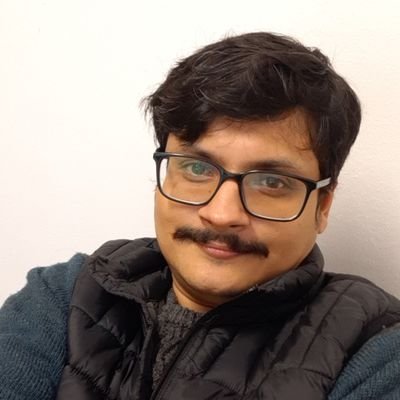
Ritajyoti Bandyopadhyay
Assistant Professor
Humanities and Social Sciences
INDIAN INSTITUTE OF SCIENCE EDUCATION AND RESEARCH
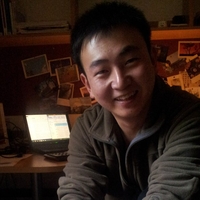
Yimin Zhao
Assistant Professor
Urban Planning and Management
RENMIN UNIVERSITY OF CHINA

Sunalini Kumar
Associate Professor School of Global Affairs
AMBEDKAR UNIVERSITY
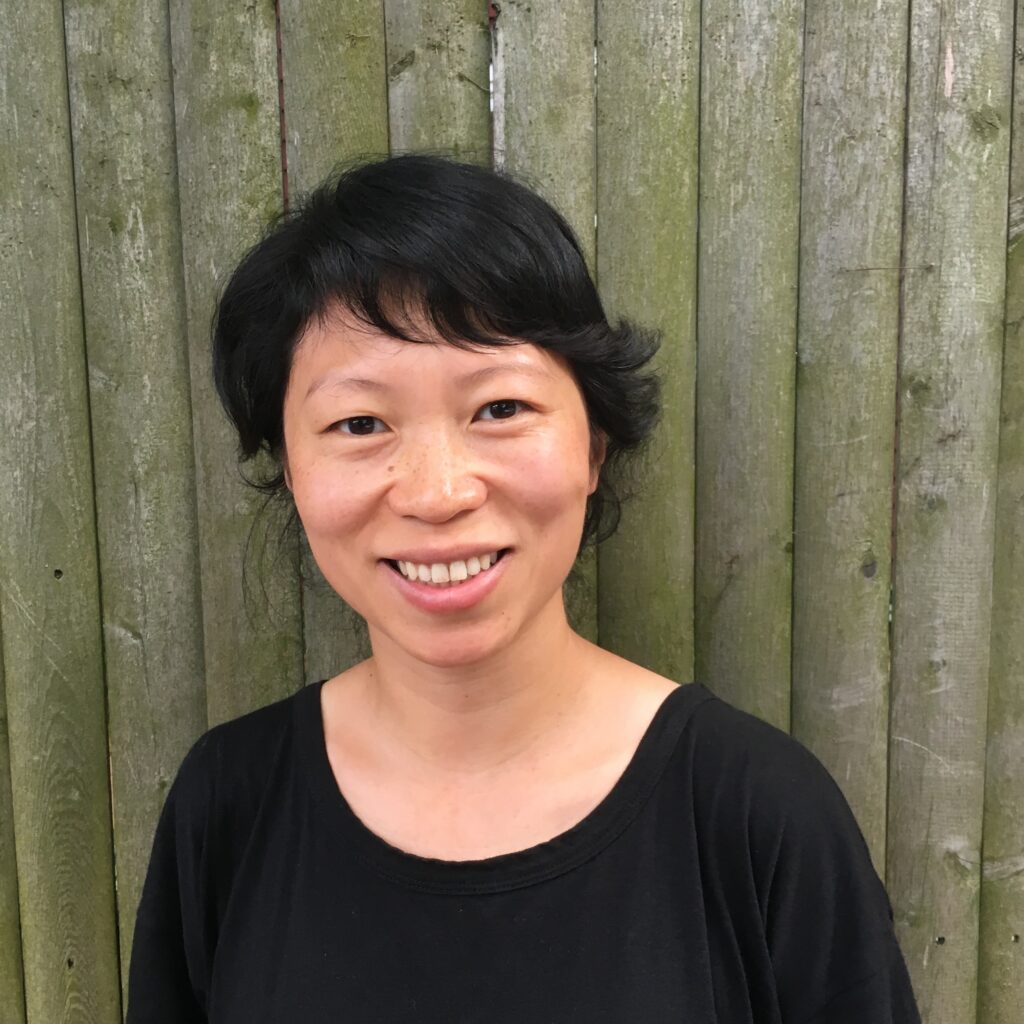
Amy Zhang
Assistant Professor, Anthropology
NEW YORK UNIVERSITY

Suraj Gogoi
Assistant Professor
School of Liberal Arts and Sciences
RV UNIVERSITY
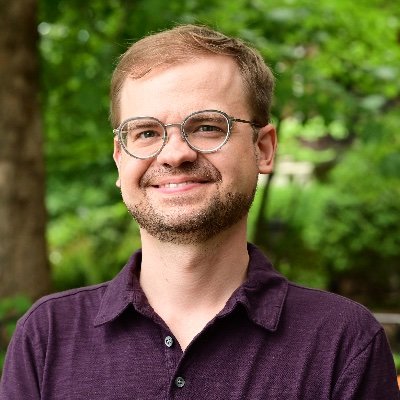
Andrew Grant
Visiting Scholar
International Studies Program
BOSTON COLLEGE
Discussants
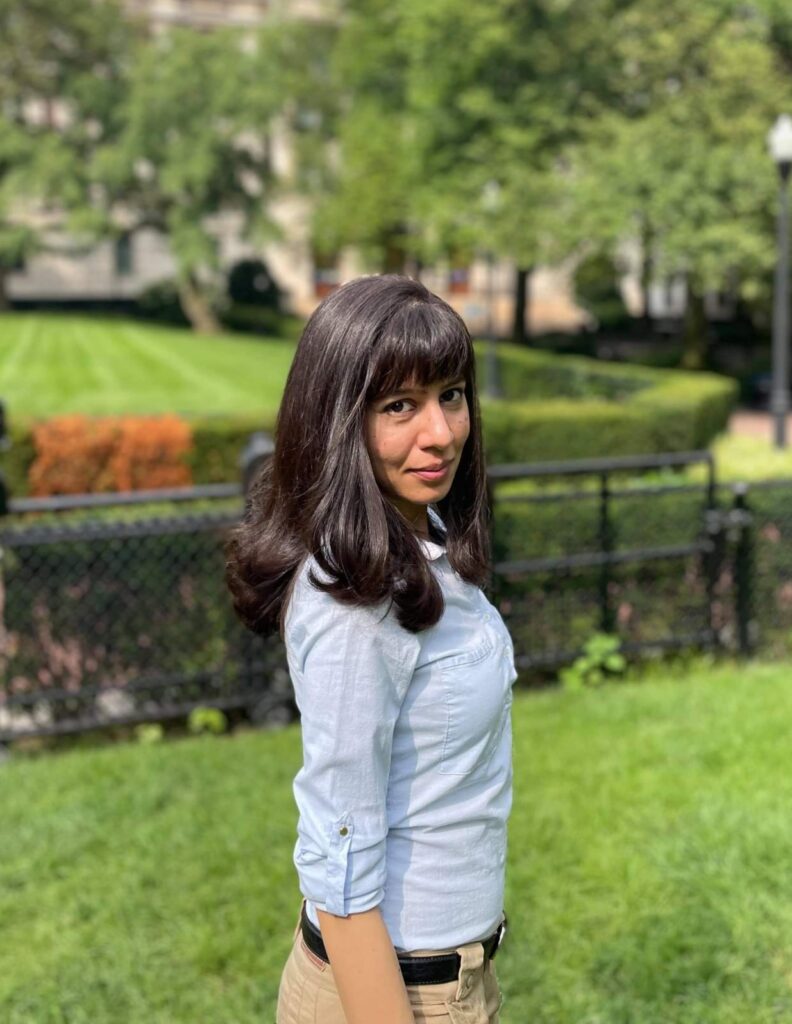
Sarandha Jain
Postdoctoral Fellow
INDIA CHINA INSTITUTE
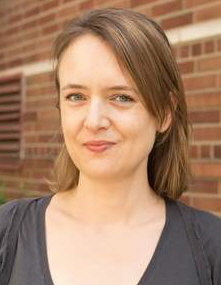
Antina von Schnitzler
Associate Professor of International Affairs
THE NEW SCHOOL
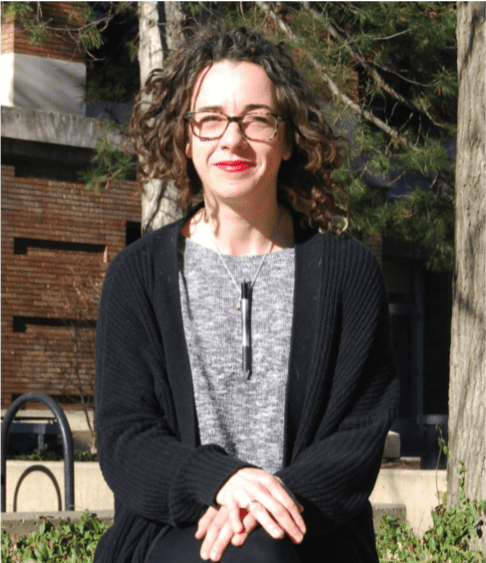
Emma Park
Assistant Professor of History
THE NEW SCHOOL FOR SOCIAL RESEARCH
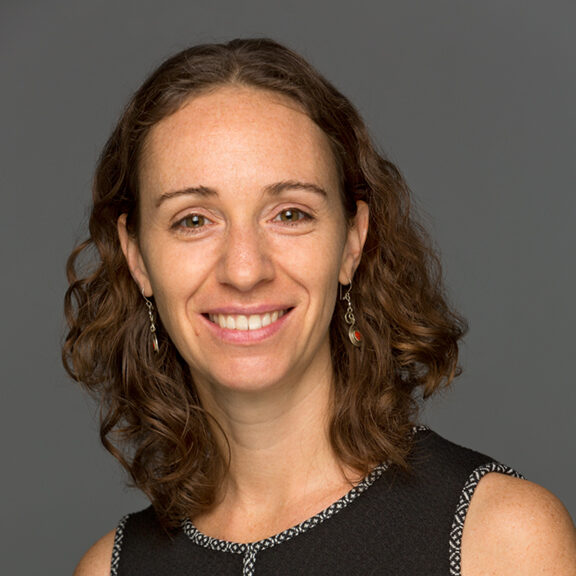
Alexandra Delano Alonso
Associate Professor of Global Studies
THE NEW SCHOOL
